As Rotiboy KLCC closes down after 21 yrs, we look back at the Penang-born biz’s 26 Y/O story
As Rotiboy closes down its KLCC outlet, here's a look back at the Mexican coffee bun brand's 26-year history and founding story in Malaysia.
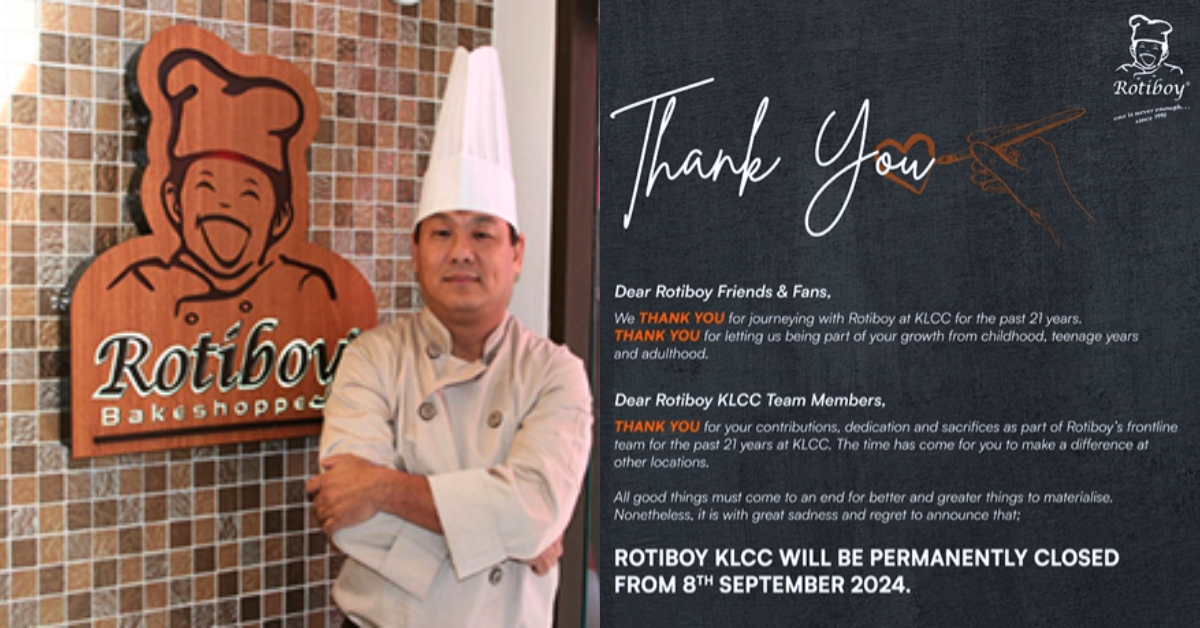
After 21 years of service, the Rotiboy outlet at Suria KLCC will be shuttering for the last time on September 8, 2024.
The coffee bun brand took to social media to make the bittersweet announcement, thanking customers and their KLCC outlet’s team for their support over the past two decades.
“All good things must come to an end for better and greater things to materialise,” the post stated. “Nonetheless, it is with great sadness and regret [for us] to announce that: Rotiboy KLCC will be permanently closed from 8th September 2024.”
The rise of their buns
With 21 years under its belt, Rotiboy KLCC was one of the oldest existing outlets of the coffee bun brand. But the business itself is actually over 26 years old, having gotten its start in 1998.
According to its website, Rotiboy Bakeshoppe started in Bukit Mertajam, Penang. Founded by Hiro Tan, Rotiboy soon grew into a household name in Bukit Mertajam, using recipes that came from Hiro’s sister.
The name Rotiboy actually comes from a story between the founder and his nephew, who was only 1 and a half years old at the time. Supposedly, the founder’s brother had called his nephew, “naughty boy” which sounds like “Rotiboy”, leading to the quirky business name.
“In the four years that [we were] in Bukit Mertajam, Rotiboy Bakeshoppe were known for our freshly made cakes, high quality bread, and the one and only Rotiboy Bun,” the website stated.
The Rotiboy bun, which most Malaysians may know, is the aromatic coffee-encrusted bun that is crispy crunchy on the outside but moist and buttery on the inside.
Some may refer to these as Mexican coffee buns, but the pastry as we know it is in fact credited to Rotiboy. That said, it’s said to be a take on conchas from Mexico.
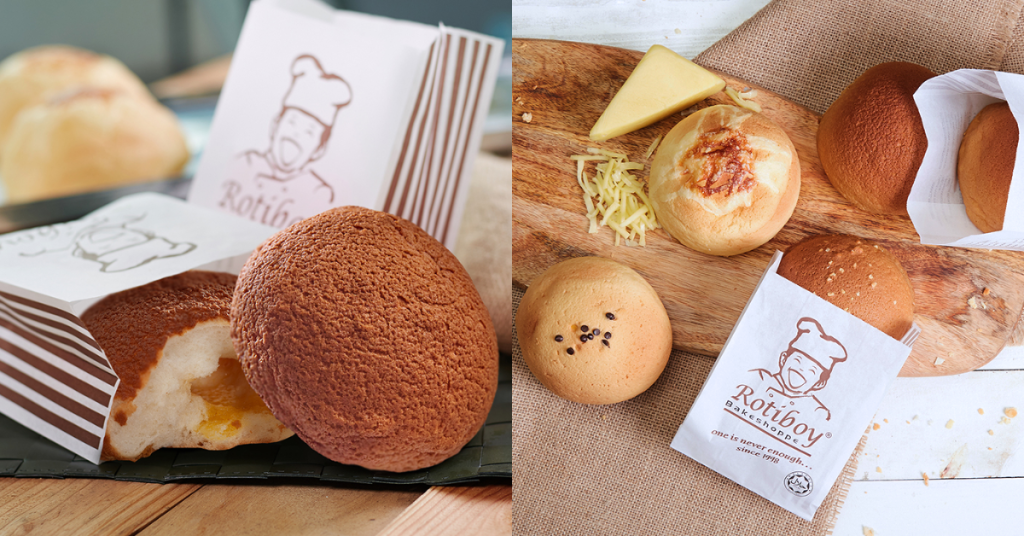 Image Credit: Rotiboy
Image Credit: RotiboyIn 2001, Rotiboy brought their buns to the Klang Valley, and subsequently sold “hundreds, thousands, and tens of thousands” of buns each day.
According to Rotiboy’s website, they’ve have baked and sold more than 600 million buns worldwide, and counting.
Inevitably, the success of Rotiboy sparked many copycats and followers. In fact, as Rotiboy themselves stated, the bun became a subindustry in its own within the bakery and confectionery industry.
Despite the competition, Rotiboy has remained steadfast, expanding to other markets like Singapore, Taiwan, Thailand, Indonesia, Saudi Arabia, Myanmar, Korea, and China. The business has three manufacturing facilities In Indonesia and Malaysia.
“While we do not achieve complete success across all markets, nonetheless, since 1998, we have embarked on a journey of significant growth, extraordinary milestones fully grounded on being passion driven, forward looking, embracing the values of integrity, and sharing with the sole purpose of continuing to touch lives and making a difference,” they added on their website.
Rotiboy lives on
While there’s less than a week left to enjoy the delicious coffee buns at Rotiboy’s KLCC location, that doesn’t mean that the business isn’t still going strong with its other outlets.
In fact, when one door closes, others may open up. For one, Rotiboy has actually opened in the viral Elmina Lakeside Mall. In August, the brand also saw two other grand openings and one reopening, according to their social media posts.
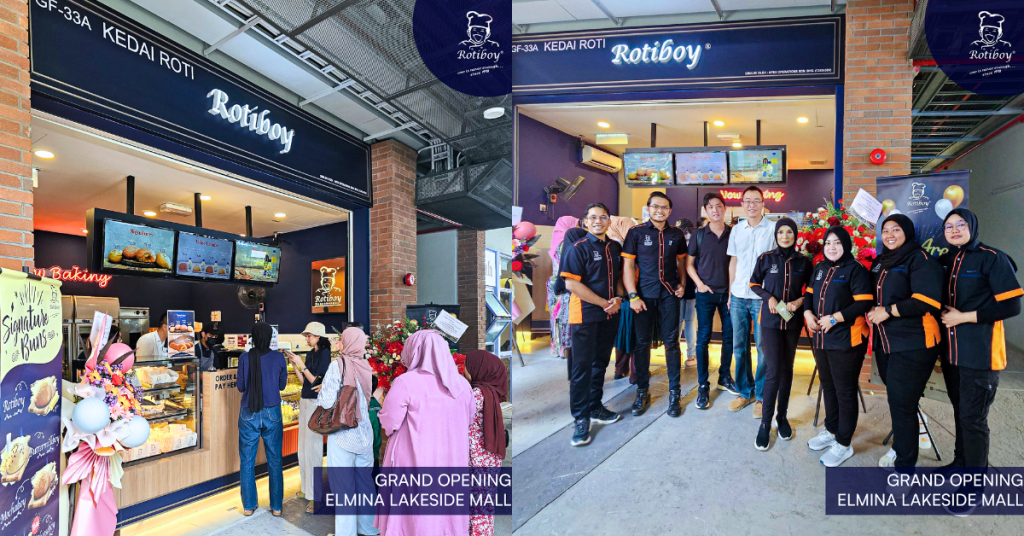 Image Credit: Rotiboy
Image Credit: RotiboyAnd of course, Rotiboy still has plenty of other locations. In fact, they have more than 85, their website claims. In KL alone, there are the following locations:
Pavilion KL Jalan Kuching KIP Mall Bangi SOGO KL Mitsui Lalaport Pavilion Bukit Jalil Wangsa Walk MallThis is excluding its locations in train stations and petrol stations.
So, don’t worry, the iconic fragrant coffee scent that wafts from Rotiboy isn’t going away anytime soon.
Learn more about Rotiboy here. Read other articles we’ve written about F&B businesses here.Featured Image: Rotiboy

 UsenB
UsenB 







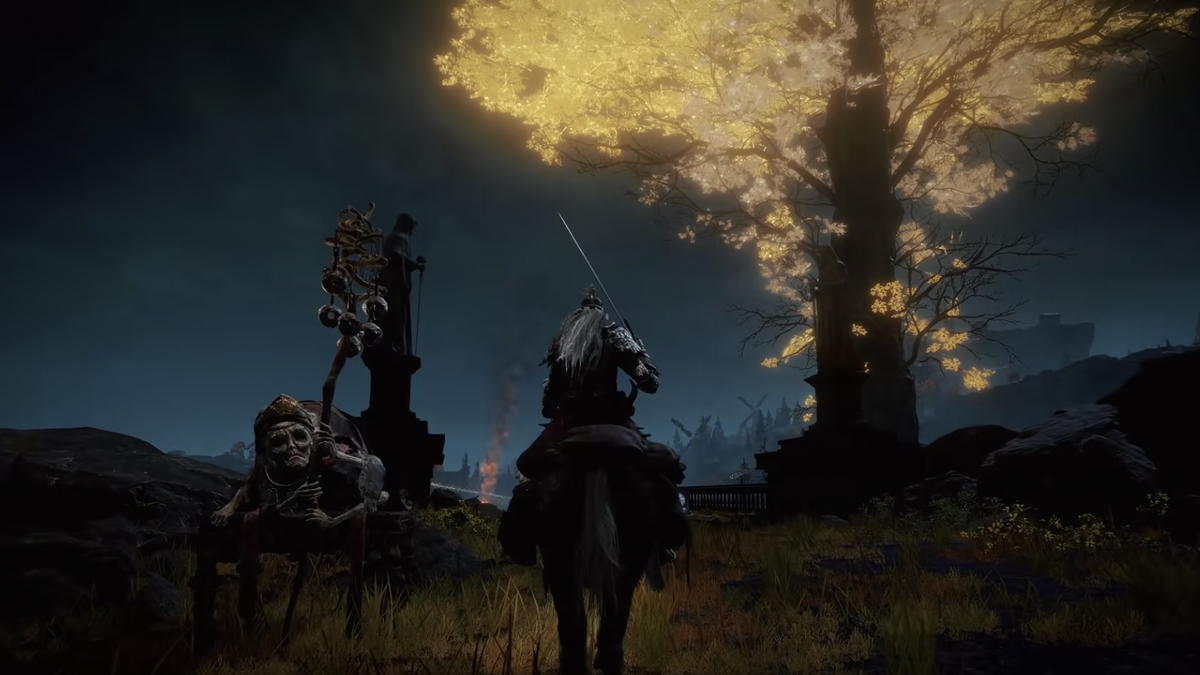
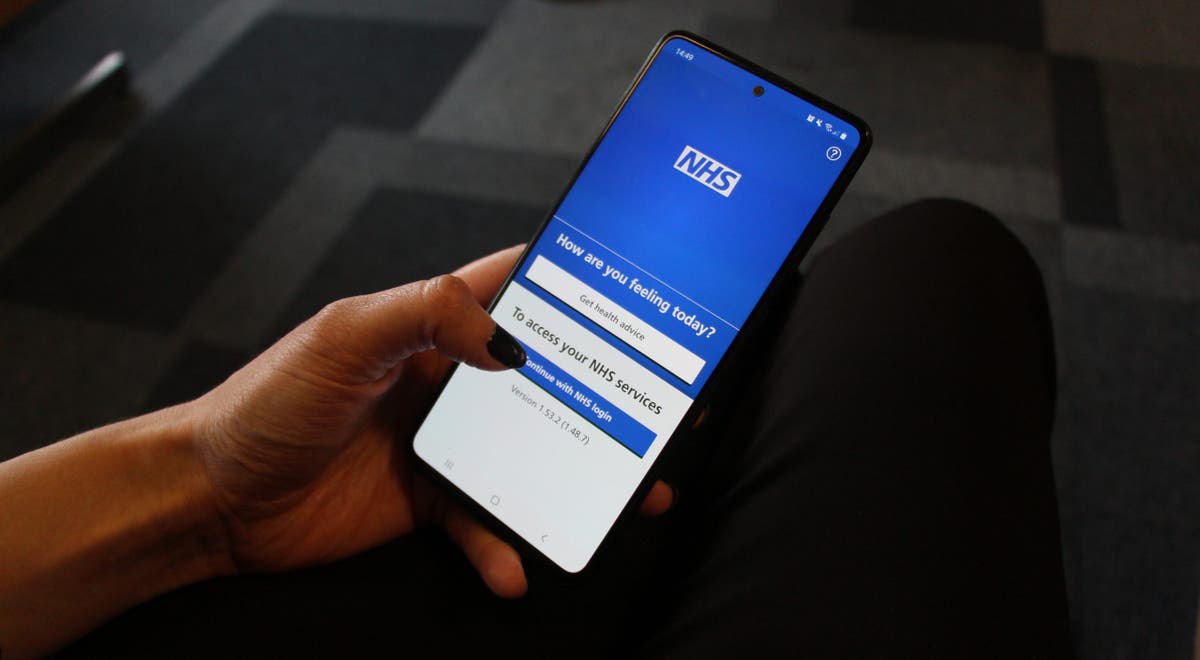
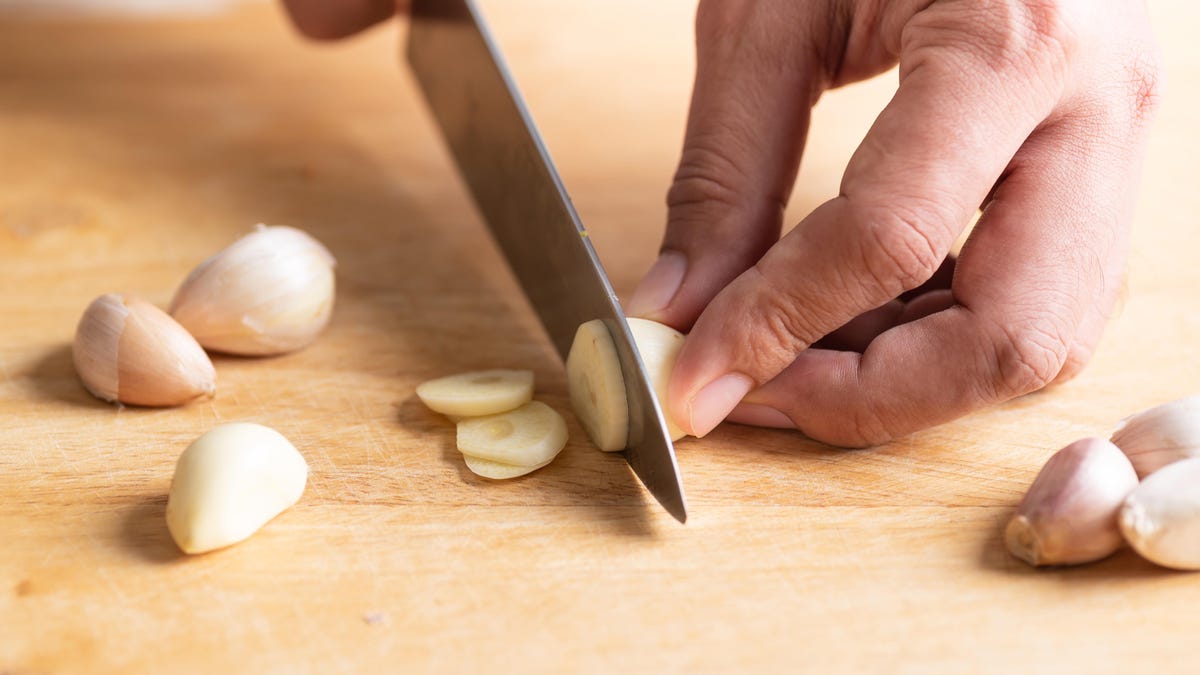

















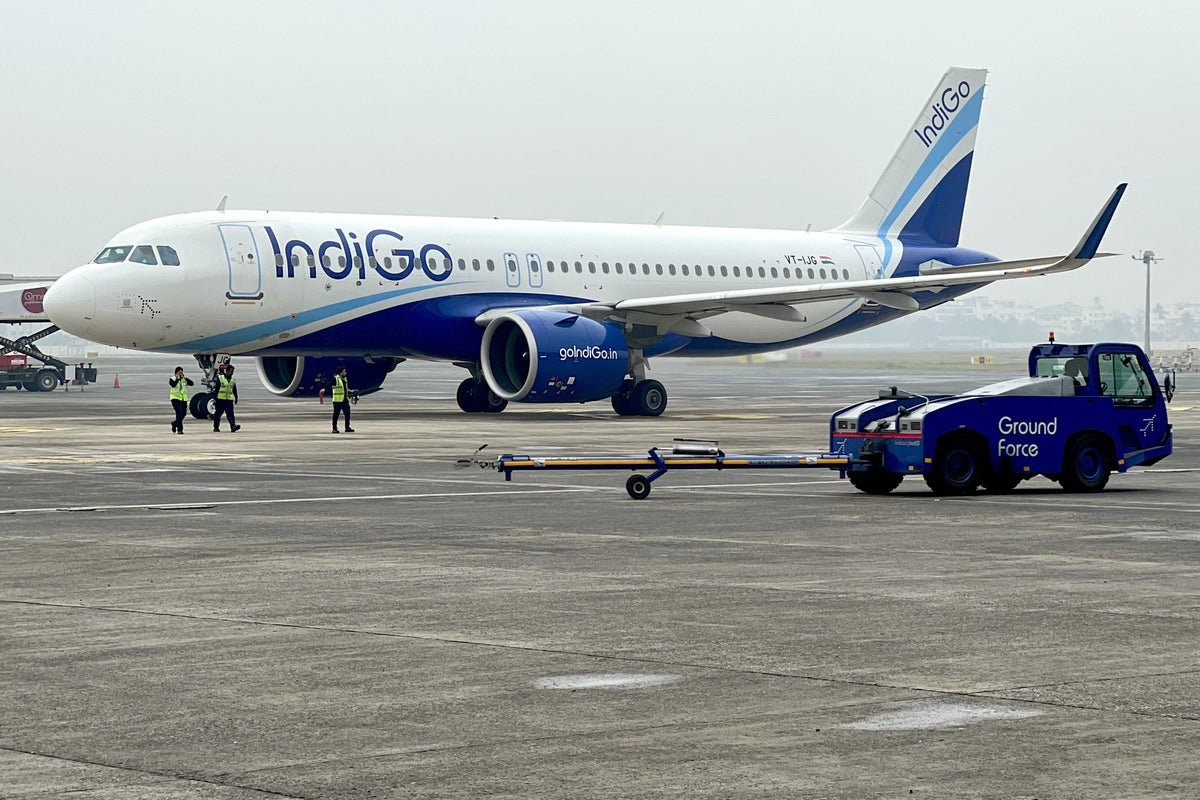



.jpg&h=630&w=1200&q=100&v=a905e78df5&c=1)